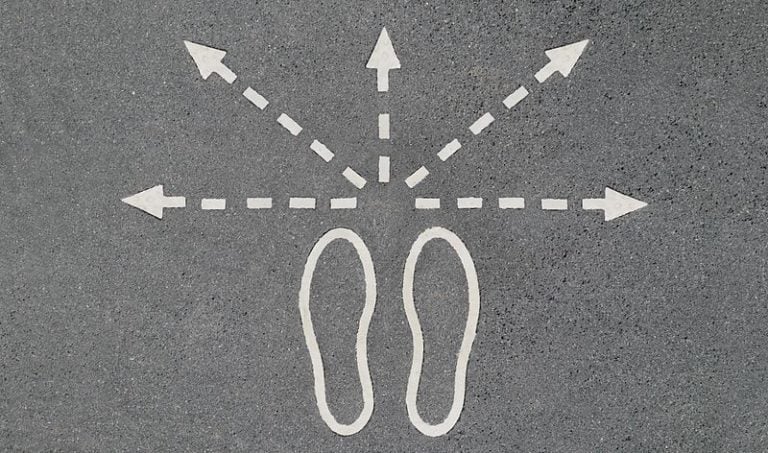Pre-Health
What should you do if you feel your grades or MCAT score don't reflect your abilities? Dr. Jeremiah Fleenor discusses options for addressing these issues in medical school interviews.
Jeremiah Fleenor
Updated June 27, 2022 by Jeremiah Fleenor
Pre-Health
Dr. Jeremiah Fleenor discusses why numerical measures - grades and test scores - are important to admissions committees.
Jeremiah Fleenor
Updated June 27, 2022 by Jeremiah Fleenor
Residency and The Match
Want to match with the residency position of your dreams? Jessica Freedman, MD offers tips for succeeding in a key step - the residency interview.
Jessica Freedman
Updated June 27, 2022 by Jessica Freedman

Residency and The Match
It's residency interview season. Learn strategies for residency interview success from the authors of The Successful Match.
Rajani Katta and Samir Desai
Updated June 27, 2022 by Rajani Katta and Samir Desai
Residency and The Match
Should you follow-up with programs after an interview? How do you pick someone to write your letter of recommendation? What is appropriate to discuss at your interview?
Jessica Freedman
Updated June 27, 2022 by Jessica Freedman
Pre-Medical
Another summer is upon us. As you enjoy the warm days and break from classes, let’s consider another commonly encountered interview question. This one is almost certain to pop up during your interview conversation. ... Read more
Jeremiah Fleenor
Updated June 27, 2022 by Jeremiah Fleenor

Pre-Health
Updated June 24, 2021. The article was updated to correct minor grammatical errors. “It is better to know some of the questions than all of the answers.” James Thurber (1894 -1961) As the second half ... Read more
Jeremiah Fleenor
Updated June 27, 2022 by Jeremiah Fleenor

Pre-Health
“That which we persist in doing becomes easier, not that the task itself has become easier, but that our ability to perform it has improved.”Ralph Waldo Emerson (1803 – 1882) An interview is without doubt ... Read more
Jeremiah Fleenor
Updated June 27, 2022 by Jeremiah Fleenor

Pre-Health
To make a goal of comfort or happiness has never appealed to me; a system of ethics built on this basis would be sufficient only for a herd of cattle. -Albert Einstein (1879 – 1955) I ... Read more
Jeremiah Fleenor
Updated June 27, 2022 by Jeremiah Fleenor



